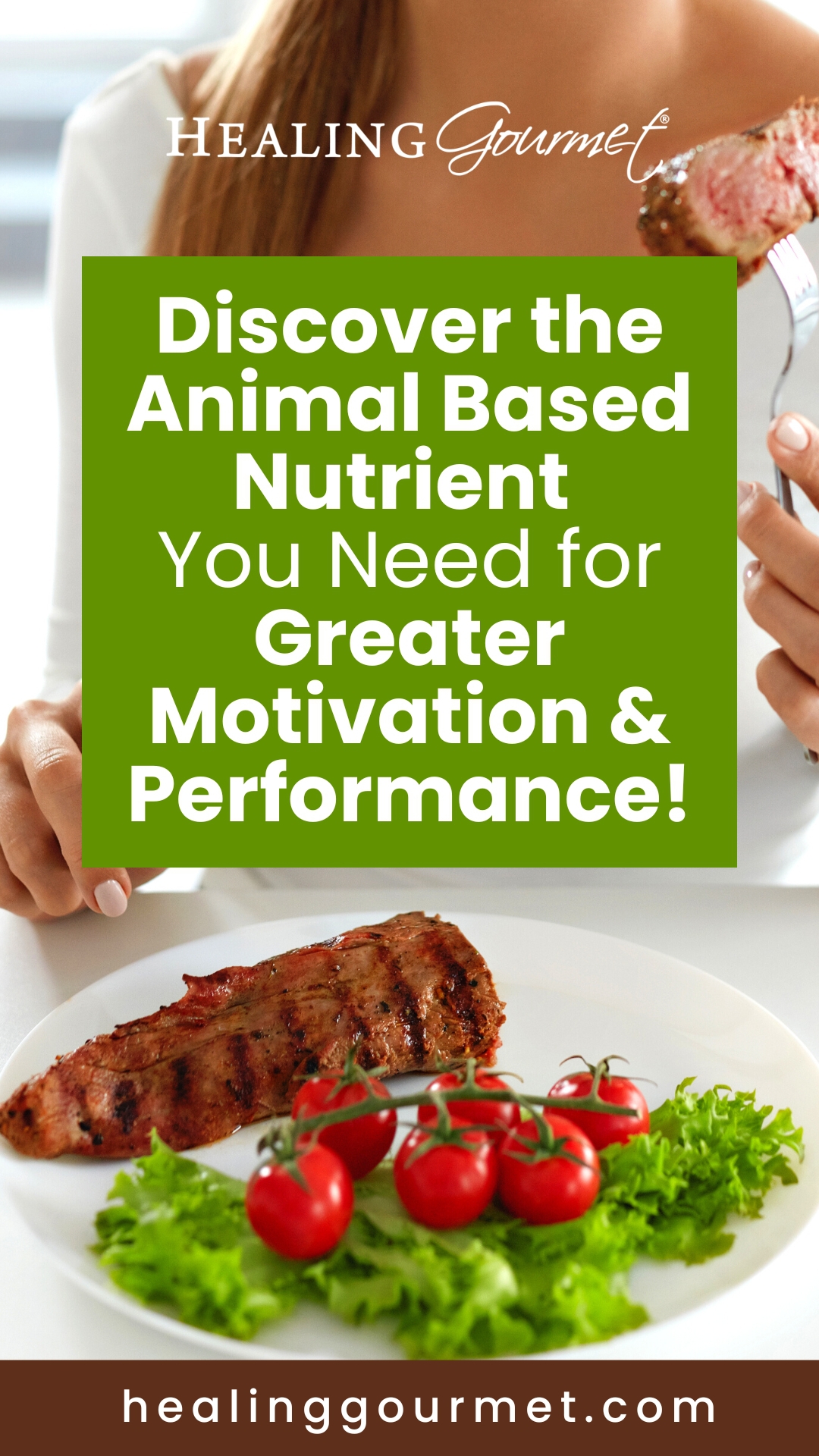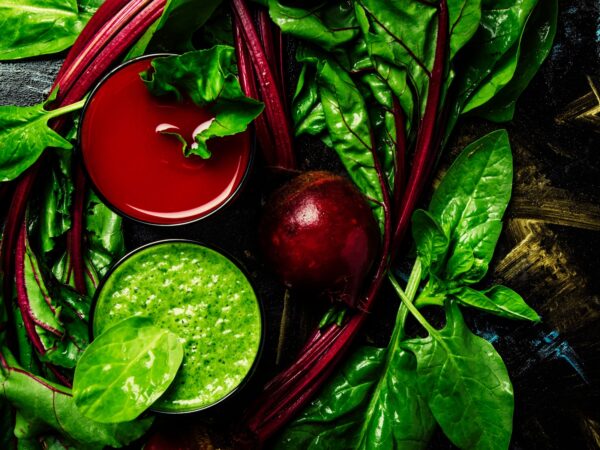Unlock Your Motivation: Boost Performance with High-Protein Foods
In the movie Limitless, the main character Eddie Morra (played by Bradley Cooper) is a struggling, down-on-his-luck writer. His apartment is a mess. His life is dull. He has no motivation and little inspiration…
Until he discovers a secret, experimental drug…
“You know how they say we can only access 20 percent of our brain?” another character asks Morra. “Well, this lets you access all of it.”
Eddie swallows the pill, and within minutes he awakens to superhuman cognitive function, allowing him to recall, process and use information at a remarkable rate. He uses his newfound brainpower to get the girl, beat the stock market and complete a book he has been working on in a matter of hours.
Limitless is not the only Hollywood movie to explore this premise. The movie, Lucy, was promoted with a similar teaser: “The average person uses 10% of their brain capacity. Imagine what she could do with 100%.”
As you may already know, the idea that “we only use XX percent of our brain” is a fallacy. But this has certainly not stopped millions of us from pursuing the concept of “limitless” performance fueled by substances.
Everywhere you look, there is a new supplement, drug or drink mix promising to deliver clearer thinking, greater motivation, more focus, improved productivity and “limitless” energy. Some even promise to help you defeat procrastination.
The market for “nootropics” (as the nutritional supplements are called) and “smart drugs” is estimated to reach $30 billion by 2028, with 14% annual growth.[i] What’s more, millions of stimulant-based prescriptions are given to children each year to “improve focus” and “increase attention”.
This comes as no surprise, considering the critical importance of motivation in both professional pursuits and academic performance. In fact, energy, motivation and cognition can be the determining factors between success and failure.
Unfortunately, most of these interventions fail to deliver on their promise. And most of the drugs are a true Faustian Bargain, delivering a host of side effects and health risks with any gains in energy or cognition.
But what if the answer to more energy, better cognition and increased motivation could be found right on your plate?
Understanding the Biochemistry of Motivation
Before we talk about the foods that can help you generate you more motivation and focus, let’s discuss the biochemistry of being “driven”. It starts deep in your brain, in a region called the nucleus accumbens (NAc).
The nucleus accumbens is an integral part of your pleasure and reward system. It activates your motivation and allows your willpower to turn ideas into action. This brain structure also plays a big role in learning and memory, laughter, fear, aggression, addictions, food intake… and even the placebo effect![ii]
The NAc is activated via natural positive behavioral enhancers – such as eating delicious food, gaining a monetary reward, or reproductive coupling. These activities turn on the group of neurons that make up this region in the brain and result in an automatic release of dopamine. This provides an immediate pleasurable effect and causes us to want more.
As you might expect, this pleasurable effect can also be stimulated by the use of drugs or alcohol, which is the basis for addiction.
The nucleus accumbens not only helps us repeat pleasant experiences. It also helps to avoid averse stimuli and unpleasant experiences. Thanks to this organ we create associations with those things that give us pleasure… while avoiding those that give us pain.[iii]
For example, if you burn yourself on the toaster, the nucleus accumbens will create a response that tells your brain not to get too close to the hot toaster again. Conversely, if a child draws a picture for his mother, and she responds with joy and affection, dopamine in the nucleus accumbens works as a reward. The child learns that by drawing pictures, he is more likely to receive affection.
Interestingly, our reward system doesn’t just work when we receive the reward, but also when we anticipate it. You see, when we anticipate a reward or something pleasurable, dopamine is released in advance. This promotes the planning and actions necessary to obtain a reward.
The nucleus accumbens enables us to anticipate the prize… and then encourages us to achieve it!
While most healthy people have a properly-functioning reward system, there are a number of medical and psychological conditions where this reward system is faulty. This can result in reduced motivation, or conversely, a hyper-reactive reward system:
Psychopaths & Antisocial Personality Disorder:
According to a study published in Nature Neuroscience, psychopaths and people with antisocial personality disorder, have a hyper-reactive reward system. In these people, the anticipation of a reward releases large amounts of dopamine (far more than most people). This helps to explain why these people exhibit abusive behavior in the pursuit of personal satisfaction, without regard for how it can affect others.[iv]
Attention Deficit Hyperactivity Disorder (ADHD):
In this common condition, the nucleus accumbens is also altered. However, with ADHD there is a reduction of dopamine, resulting in inattention.
When the accumbens is not active enough, children with ADHD have difficulty focusing their efforts on actions and planning that lead to medium- and long-term rewards. Instead, they often seek out immediate reinforcement.
Addiction:
The nucleus accumbens also plays a fundamental role in addiction. Drug or substance abuse causes a release of dopamine and subsequent feelings of pleasure. This creates a feedback loop, where the substance and “feeling good” are connected. So, we continue to consume the substance to achieve the reward.
Keep in mind, “drugs” also include coffee (and other caffeinated beverages), food (especially carb-laden foods), gambling, as well as certain types of addictive media, like video games, dating sites and social media – now officially called “addictive internet use” and “non-drug addictions”.[v][vi]
So now that you understand how the nucleus accumbens works, you may be wondering…
How can I hack this part of my brain to make me feel more motivated to accomplish my goals?
Optimizing Nutrition (Not Medication!) for Motivation
While nootropics and pharmaceuticals can work to improve focus and drive in some people, they also come with a laundry list of side effects.
There is substantial evidence that the common amphetamine-based ADHD medications (like Ritalin and Adderall) can damage the nucleus accumbens. These drugs are neurotoxic, and damage the very structures needed to produce dopamine![vii]
Researchers at the Nestle Institute of Health Sciences sought to answer the question: Could nutritional interventions improve motivated performance?
In a recent study performed there, researchers discovered that oxidative stress in the brain acts a toxic assault that hampers the function of our nucleus accumbens, and therefore hobbles our reward system.
They postulated that our master antioxidant and detoxifier – glutathione – could mediate this oxidative stress and help to accentuate performance-based behaviors.
The researchers used proton magnetic resonance spectroscopy to analyze the biochemistry of the nucleus accumbens in animal subjects. They compared the performance of tasks that measure motivation and how they correlated to levels of glutathione.
What they discovered is that higher levels of this key antioxidant in the NAc correlated with better performance and greater motivation to complete tasks.
However, because correlation does not equal causation, the researchers went a step further…
When they down-regulated the synthesis of glutathione in the subjects, they discovered that the animals showed reduced performance in effort-based, reward-incentivized tasks. Likewise, when they upregulated glutathione – using its precursor, N-acetylcysteine (NAC) – the animals performed better.[viii]
Lead researcher, Professor Carmen Sandi says:
“N-acetylcysteine, the nutritional supplement that we gave in our study can also be synthesized in the body from its precursor cysteine. Cysteine is contained in ‘high-protein foods’, such as meat, chicken, fish or seafood.”
Meals Ideas for Motivation: Protein-Rich Delights
While taking the common supplement N-acetylcysteine (NAC) can help reduce oxidative stress in the brain helping to boost motivation, so too can a diet rich in high-protein foods that provide that same cysteine precursor.
If you struggle with feeling motivated, make sure you are eating a nutrient-dense diet with ample high-quality protein at every meal. Here are a few ideas to get you started:
- Pastured Pork Breakfast Sausage & Eggs
- Grass-Fed Beef Burger, Lacto-Fermented Pickle, Organic Green Salad
- Wild Shrimp Scampi with Zoodles
- Wild Asian-Style Salmon with Steamed Broccoli & Sesame Seeds
- Pastured Baby Back Ribs with Paleo BBQ Sauce & Coleslaw
- Grass-Fed Ribeye Steak with Compound Butter & Mashed Sweet Potatoes





Leave a Reply